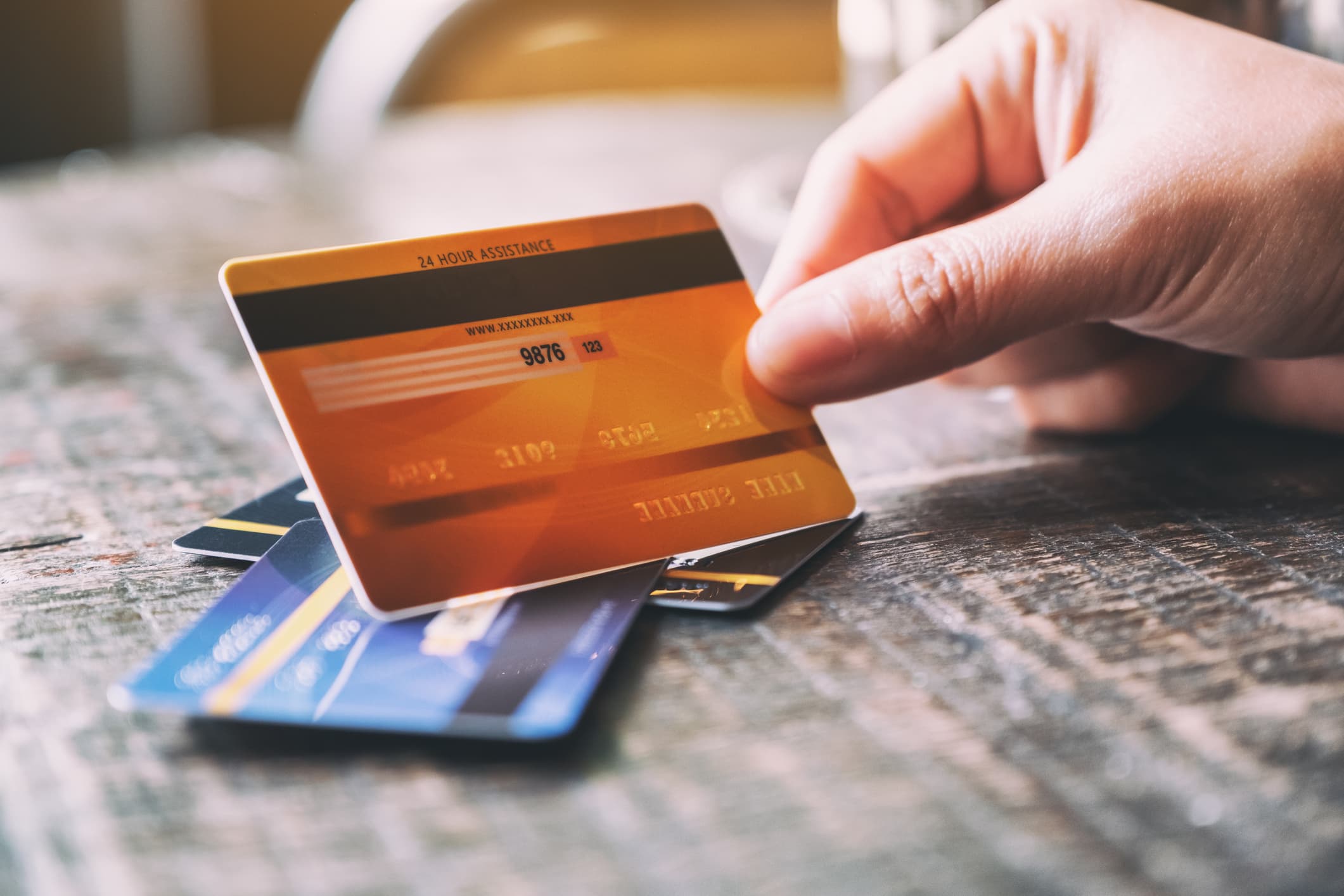
If you are of the opinion that paying your bills late won’t have an impact on your credit score, think again. The late payment of bills under any circumstances can tarnish your credit history. Initially (for the first 180 days),the longer the debt goes unpaid, the more it will affect your credit score. In case the unpaid credit card debt reaches a point where the lender thinks that it will be irretrievable, it will be known as a “charge off”.
A charge off enables creditors to write off the debt and claim a tax exemption. Typically, an unpaid amount is recorded as a charge off when you don’t pay the bill for at least six months. However, the tenure varies from lender to lender.
Why Avoid Charge Offs?
A charge off means that you have been delinquent in making payment on the debts that you owe. After a debt is charged off, it is no longer considered as a revolving debt. It becomes a balance that is due to be paid. If possible, it is always advisable to avoid a charge off. This is because when your account is revolving, you still have the chances to pay off the debt and bring your credit score to a good position.
Even if you pay the due amount in full, a charge off will stay on your credit report for the next seven years. This is because your past record for payments is considered as an indicator of your future behavior. In case you settle the charge off by paying an amount that is less than what you owe, both the transactions will reflect on your credit report.
Myths About Charge Offs
A myth that most people may have heard is that charge offs can be removed from your credit report. You may find it surprising to learn that your responsibility to pay off the debt does not end when it has been charged off. When your debt has been transferred to a collection agency, the contract that you signed to repay debt will stay in effect until you settle the account. An important point that you should remember when your debt is charged off, is that you may not be able to settle the payment with the original creditor, but with the company that is responsible for collection.
The Impact on Your Credit Score
Charge offs can hurt your credit score to a great extent. Whether you owe $100 or $1,000, charge offs can pose a big threat to your future investment plans. A charge off can make your credit score plunge dramatically. Like some of the other flaws in your credit report, a charge off can be a major setback in the case that you are making an effort to improve your credit score.





